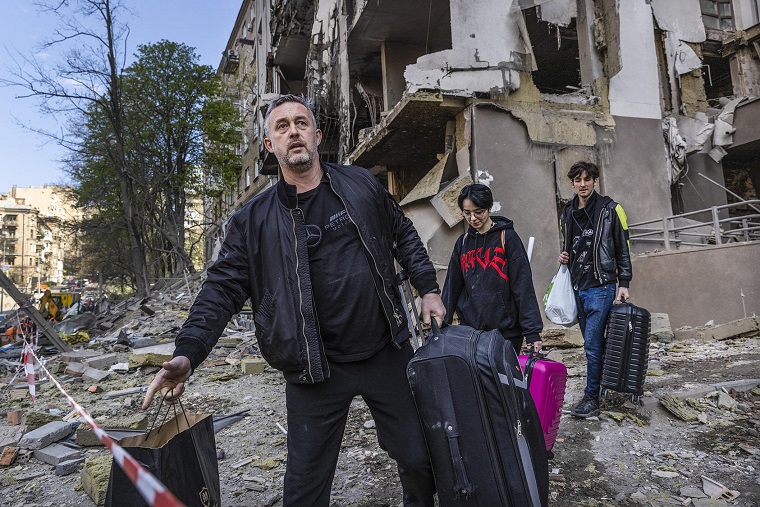“This year’s food crisis is about lack of access. Next year’s could be about lack of food,” said the UN Secretary-General. “We need to bring stability to global food and energy markets to break the vicious cycle of rising prices and bring relief to developing countries. Ukraine’s food production, and the food and fertilizer produced by Russia, must be brought back into world markets – despite the war.”
Guterres announced that he has asked Grynspan and UN humanitarian chief Martin Griffiths to coordinate two task-forces to allow for a “safe and secure export of Ukrainian-produced food through the Black Sea” as well as to ensure “unimpeded access to global markets for Russian food and fertilizers.”
Despite the widespread impact of the crisis, not all regions and subregions are exposed in the same way, says the report, stressing the fact that some countries and communities are more vulnerable than others and need assistance urgently.
Countries in Sub-Saharan Africa, for example, remain significantly vulnerable with one out of every two Africans in the region exposed to all three dimensions of the crisis. The Latin America and the Caribbean region is the second largest group facing the cost-of-living crisis with nearly 20 countries deeply affected.
Extreme poverty could threaten the lives and livelihoods of 2.8 million people in the Middle East and North Africa. In South Asia, which is currently experiencing crippling levels of heatwaves, 500 million people are severely exposed to the food and finance crisis. Countries in Eastern Europe and Central Asia are severely exposed to the energy and finance dimensions, given the importance of remittances and energy exports from Russia.
The brief makes policy recommendations to address the cost-of-living crisis, highlighting immediate action on two critical fronts – the urgent need for stability in the global food and energy markets to break the vicious cycle of rising prices and the imperative to bring relief to developing countries, calling on resources to be made available immediately to help the poorest countries and communities.
“There is no solution to this global crisis without a solution to the economic crisis in the developing world. The global financial system must rise above its shortcomings and use all the instruments at its disposal, with flexibility and understanding, to provide support to vulnerable countries and vulnerable people,” stressed Guterres.
“The message of today’s report is clear and insistent: we must act now to save lives and livelihoods over the next months and years. It will take global action to fix this global crisis.”- UNCTAD News
(105 VIEWS)


